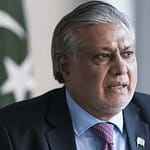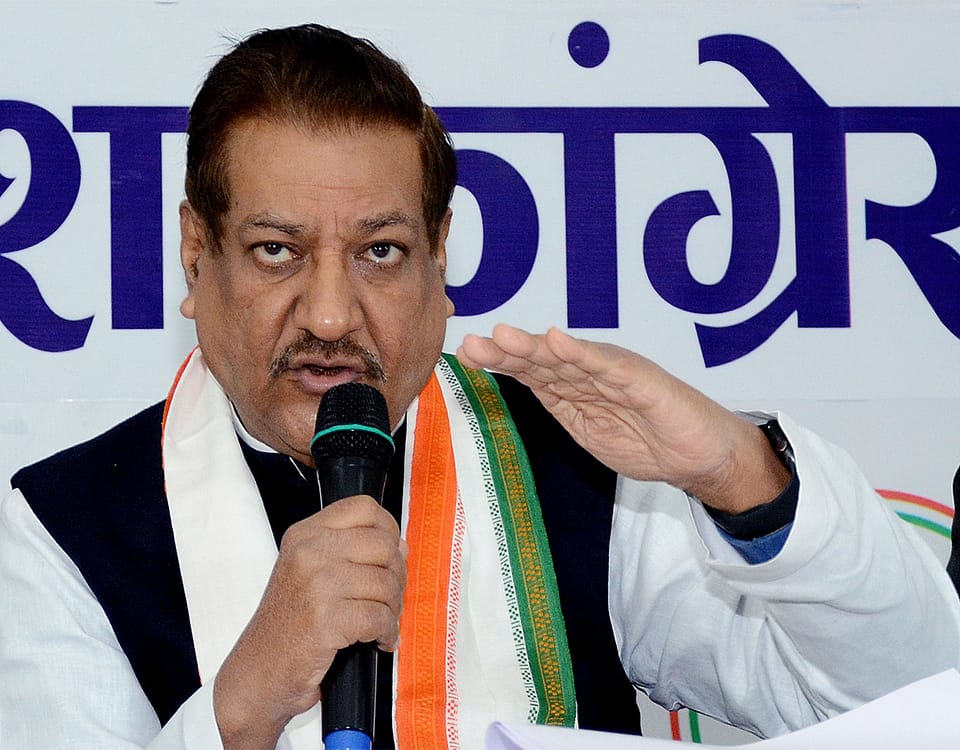
10 dead, 32 injured in bomb blast near Quetta’s FC headquarters: officials
September 30, 2025
Pakistan Hails Role in Palestine Peace Plan as Leadership Mulls Contribution
September 30, 2025Islamabad, 30 September 2025 — In ongoing negotiations over Pakistan’s economic programme, the International Monetary Fund (IMF) has strongly urged Islamabad to take concrete steps against trade-based money laundering (TBML). The call comes as part of the second economic review tied to a $1.2 billion tranche from the IMF.
Sources say the Fund has laid down a set of tough demands — from tighter monitoring of nonfinancial sectors to the adoption of an electronic procurement system — arguing that legal loopholes and weak oversight are being exploited for illicit finance.
What the IMF Wants: Key Measures & Targets
According to media reports:
- Pakistan must monitor sectors including lawyers, law firms, accountants, auditors, real-estate agents, and traders dealing in gold, silver, gemstones, and other precious metals.
- Authorities should emphasize identifying beneficial owners behind companies, trusts, and financial entities — not just the legal names on paper.
- The IMF has pressed for an electronic procurement system for public projects and contracts, to reduce human interference, increase transparency, and prevent manipulation.
- Disposal or sale of state-owned or redundant assets must follow clearly published,.
These recommendations are not new in Pakistan’s reform dialogue: the IMF has previously flagged weaknesses in AML/CFT (Anti-Money Laundering / Combating Financing of Terrorism) frameworks, especially when it comes to TBML and beneficial ownership transparency.
Why the IMF Is Pushing So Hard
- TBML is a stealth route
Trade-based money laundering lets illicit funds move under the cover of legitimate imports or exports. Over- or under-invoicing, falsified trade documents, or inflated shipping costs are common tactics. By targeting this, the IMF aims to close a “hidden” flow of dirty money that weakens revenue systems and governance. - Cross-sector risks
When lawyers, auditors, real-estate agents or precious-metal traders are weakly supervised, they can serve as conduits or facilitators. The IMF sees them as “gatekeepers” whose oversight is vital. - Conditionality & credibility
With a big tranche on the line, the Fund is walking a tightrope: show flexibility where needed, but insist on structural reforms to avoid backsliding. - Global standards & reputational risk
Pakistan must maintain credibility with international lenders, FATF (Financial Action Task Force) watchers, and donors. Weaknesses in money-laundering framework could threaten future support or even its standing with FATF.
Challenges Ahead & Risks
- Implementation is tough: Passing rules is one thing; enforcing them in far-flung districts or opaque sectors is another.
- Resistance from powerful interests: Some of the sectors to be monitored have entrenched influence and may push back.
- Data & capacity gaps: Beneficial ownership registries, digital systems, and robust auditing capacity need build-out.
- Balancing speed and depth: The IMF wants fast reforms, but overly hasty plans may backfire or be superficial.
- Political risk: If perceived as external pressure, reforms could generate political backlash.
What to Watch
- Legislative moves / regulation drafts — Will the government table bills or regulations on beneficial ownership, sector monitoring, procurement?
- E-procurement deployment — Whether tenders, bid evaluation, and asset sales shift online in visible ways.
- Reports submitted to IMF — The quality, detail, and timelines of Pakistan’s risk assessments and implementation plans.
- Institutional coordination — Whether FMU, SECP, FBR, SBP, audit bodies work in sync or remain siloed.
- Pushback or delays — From stakeholders, courts, or bureaucracy — delays may signal lack of real commitment.




